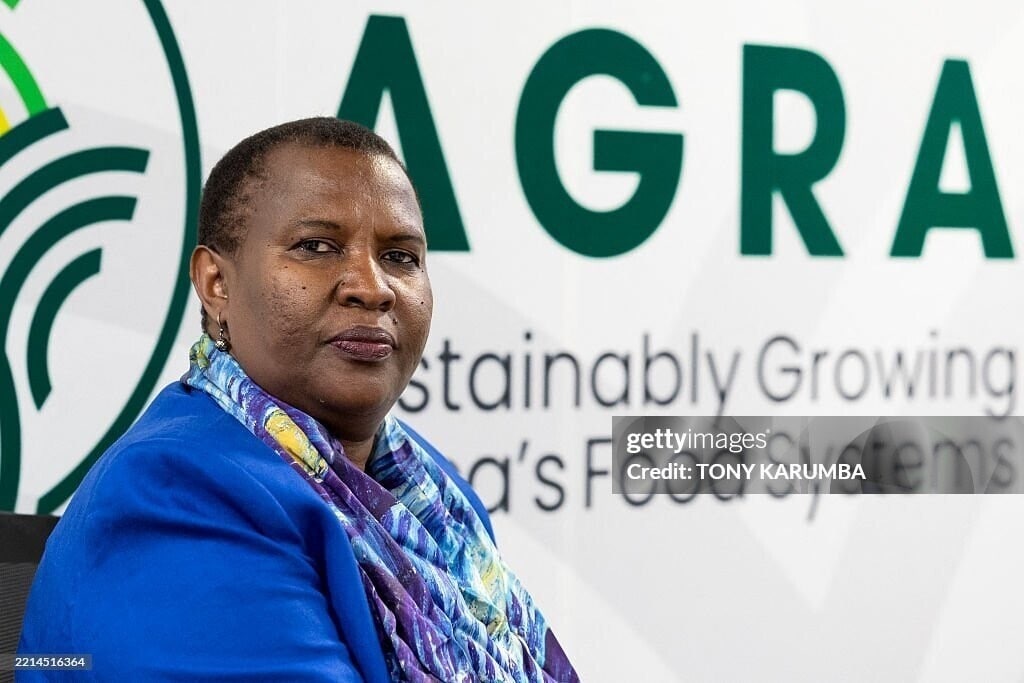Global Future Council on Nature and Security
Global Future Council on Nature and Security

Council mission and objectives
As we stand on the precipice of multiple tipping points, there is an urgent need to elevate the human, national and global security risks that are directly and indirectly linked to ecological degradation. How can this risk be elevated amongst traditional security experts?
Co-Chairs
Ilona Szabo de Carvalho, President, Igarape Institute
Juergen Voegele, Vice President for Sustainable Development, The World Bank
Council Manager
Eric White, Head, Tech for the Sustainable Development Goals, Tech for the SDGs, World Economic Forum
Mobilizing thought leadership for impact
The Global Future Councils serve as a brain trust for leaders from government, business and civil society, and support the Forum’s mission by bringing together experts bound by a shared mission to discuss the most critical issues, generate insights and analysis, and collaborate in shaping agendas.
Related articles

If the world's 1 million municipalities were nature-positive, we could tackle climate change
In order to create cities that exist in harmony with nature, we must start by transforming their physical infrastructure – and look at their inner financial and administrative workings.

What is 'nature positive' and why is it the key to our future?
G7 leaders called for the world to be nature positive - which means enhancing the resilience of our planet and societies to halt and reverse nature loss.

How rescheduling debt for climate and nature goals could unlock a sustainable recovery
Attention is turning away from old-style 'debt-for-nature swaps' to new instruments like 'nature performance bonds' that could help achieve climate goals.

Why sanctions are not the way to fix relations with North Korea
The new US administration should help North and South Korea to cooperate as a crucial foundation for building trust.

Deep-sea minerals could meet the demands of battery supply chains – but should they?
Deep-sea mining has attracted controversy due to concerns of potential damage to delicate ecosystems before scientists have had chance to assess what is at stake.

Here's how to deliver a green recovery for the G20 economies
The underpricing of fossil fuels is the biggest barrier to a green future for the G20. Here's how policy-makers can use the COVID-9 recovery to change course.

Explore strategic insights and contextual intelligence on biodiversity from the World Economic Forum
The World Economic Forum developed Strategic Intelligence to help you understand the global forces at play and make more informed decisions. Explore and monitor the issues and forces driving transformational change across more than 250 areas, including economies, industries and global issues, and identify the most relevant publications, videos, data, events, initiatives and stakeholders in those areas
Related reports
Read our reports on the range of issues we’re seeking to address
















